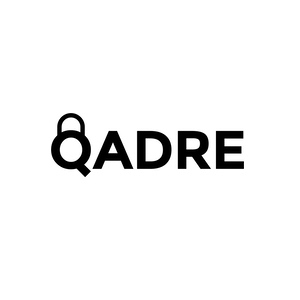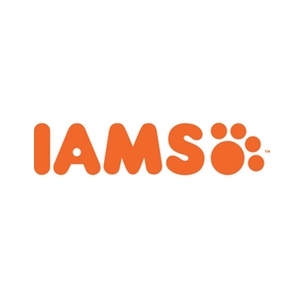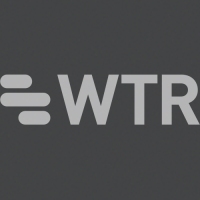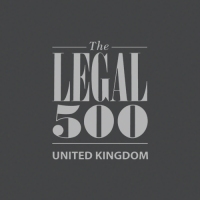Search-a-brandPowered by BRANDSMITHS
Search-a-brand assists you in researching, choosing and building a brand for your company, service or product. Try it out and search with the intended name!
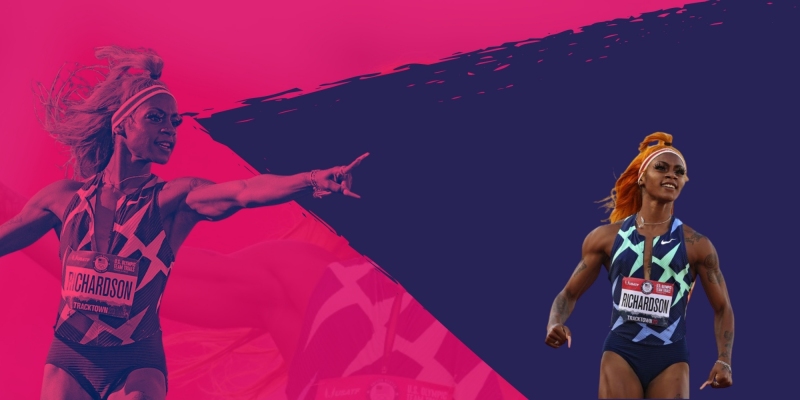
SPRINTING SUPERSTARS ANTI-DOPING SANCTION EXPLAINED
Author:
What does this mean for athletes like Sha’Carri Richardson?
Last week it was announced that American sprinter Sha’Carri Richardson tested positive for THC, the main psychoactive constituent of cannabis, marijuana and hashish. The sample was collected at the US Olympic trials where Richardson won the 100m, running the sixth fastest time in history.
Following the announcement of Richardson’s positive sample, Richardson tweeted “I am human” and subsequently gave an interview with NBC’s US Today she discussed the reasons that led to her cannabis use which included the recent death of her biological mother. Richardson made it clear that she was not making excuses for her actions, saying “I know what I did…I know what I’m allowed to do…and I still made that decision.”
How do sanctions work for substances of abuse?
The World Anti-Doping Agency (WADA) World Anti-Doping Code 2021 (the “Code”) sets out the rules for anti-doping in sport and its signatories include the majority of leading sport organisations across the world. Article 10 of the Code covers sanctions for anti-doping rule violations.
Under the Code, substances of abuse, are treated differently to other prohibited substances. Substances of abuse are defined as, “substances frequently abused in society outside the context of sport” (people may commonly refer to these substances as recreational drugs e.g. cannabis).
Under the previous iteration of the WADA Code, the period of ineligibility for substances of abuse was two years.
Now, under the 2021 Code, which came into force in January this year, provided that an athlete can establish that any ingestion or use occurred out-of-competition and was unrelated to sports performance, the starting point is a much shorter period. An athlete will be subject to a period of 3 months ineligibility which can be reduced to 1 month where the athlete satisfactorily completes a substance of abuse rehabilitation program which has been approved by the relevant anti-doping organisation.
How do sanctions work for other prohibited substances?
In contrast, the starting point for prohibited substances other than substances of abuse (i.e. performance enhancing substances) is four years, unless the athlete can establish that the anti-doping rule violation was not intentional. Where an athlete can establish no significant fault or negligence and that the prohibited substance came from a contaminated product, then the period of ineligibility is a maximum of two years and at minimum a reprimand and no period of ineligibility. This is assessed based on the athlete’s degree of fault. Where it is found that the athlete bore no fault or negligence, then there shall be no period of ineligibility.
What does this mean for Sha’Carri Richardson?
Richardson’s results from the date of the sample collection at the US Olympic trials have been disqualified. This means that her phenomenal win at the trials which led to her selection to represent her country over 100m at the Tokyo Olympics is no longer valid.
Richardson’s period of ineligibility is one-month, beginning 28 June 2021, this is the minimum sanction under the Code. This is because her cannabis use occurred out of competition, was not for the purpose of enhancing performance and she has completed a counselling program in relation to her cannabis use.
On that basis, Richardson will not be able to compete in the 100m in Tokyo. She was still eligible for selection in the 4x100m relay team, as US selection for the relay squad is the top four in the trials plus two discretionary places. However, Richardson missed out on selection, with other athletes being selected instead.
Comment
Richardson’s anti-doping sanction sparked debate for many. Cannabis is a legal substance in a number of states across the US, including Oregon where Richardson’s use took place. Richardson’s sanction was so high-profile that US President Joe Biden commented on the matter saying “the rules are the rules and everybody knows what the rules were going in” he also said “whether they should remain the rules is a different issue, but the rules are the rules.”
In the future, WADA may reconsider whether cannabis should be classed as a substance of abuse. Until cannabis is a legal substance globally, it may be difficult to argue that on the basis of the substance being legal in a few territories across the globe that it should be permitted for use by all athletes without sanctions.
The difficulty with substances of abuse generally is that WADA may not want to remove sanctions completely for substances of abuse. This may be because they may not want to condone the use of drugs in sport for any reason, especially where high profile athletes have the ability to influence their fans.
It is clear that WADA treats substances of abuse differently where they are unrelated to sporting performance. It is understandable why this is the case when athletes find themselves in situations such as Richardson’s, where she was using a substance of abuse in a legal manner to deal with a difficult time in her life.
If you would like to know more about the Brandsmiths sports law team, please contact Imani Modahl or Ben Polak on imani@brandsmiths.co.uk or ben@brandsmiths.co.uk.
Brandsmiths is a trading name of Brandsmiths S.L. Limited which is authorised by the Solicitors Regulatory Authority, SRA No: 620298. Founding Partner: Adam Morallee
Privacy and Cookie Policy | Terms and Conditions | Complaint Procedure | Site by: Elate Global







